Can Dogs Ruin Relationships? What to Do When Your Partner Doesn’t Like Your Dog

Dog lovers know that there’s no way a partner can make you re-home your dog. Most, if not all, of us treat our pets as our children. And like human children, sometimes furry pals can cause discord between partners. It’s difficult having to side with one over the other. For sure, there will be lots of arguments, especially if your dog doesn’t seem to like your partner either.
A study revealed that a dog can cause 2000 arguments in their average lifetime. That means 156 debates per year and roughly three arguments per week! Topics range anywhere from who will feed the dog to how much money you’re spending on your pooch.
Disagreeing doesn’t mean you need to end the relationship. You can still work this out! In this post, let’s discuss how you can solve this problem.
Make Sure Your Pet Does Not Feel Threatened or Confused

Is your dog constantly growling, barking, and unusually bad tempered whenever your partner is around? A change in your pup’s routine may be causing this unpleasant behavior. For example, you no longer go out for evening walks or allow Fido inside your room when your partner is around. This is confusing for your pooch and if they weren't eased into these changes, it can lead to anxiety, depression, and stress. Dogs also show aggression when they feel threatened, scared, or anxious.
Dogs are creatures of habit and changing their routine suddenly is unsettling for them. Changes like coming home at different times, introducing a new partner or being away from home more often than usual have a big impact on them. As much as possible, keep the same routine even if you have a new partner. Ease your dog into the new situation like bringing your partner along with you when you go out for evening walks with your dog.
As for sharing a bed with Fido, it’s best if he has a private area that he can call his own. Your “dog’s zone” need not be huge. Just make sure that his little corner is comfortable and filled with everything he loves. When your dog feels more secure and happy with your partner around, he’ll ease up and start being nice.
Don’t Spoil Your Pup Too Much

Now, don’t get me wrong! Spoiling your pup isn’t a bad thing as long as it does not affect his health or behavior. The telltale signs of a spoiled dog include:
- Not responding to simple commands
- Your dog likes only you
- Being obese
- Misbehaving even if they know they’re not supposed to
- Acting up when you tell them not to do something like stop chewing on the furniture
A spoiled dog usually has behavioral problems such as excessive barking that some pet parents ignore. He’s not sociable and likely to snap at anyone or bite at the slightest provocation. The hard truth is, you know you’ve spoiled your dog a bit too much and get defensive when people, especially your partner, point out his destructive behavior. When you have a spoiled dog, not only are you endangering his health, but you’re also wreaking havoc on your finances (which is usually where the argument about money comes in). Feeding them too many high calorie treats can lead to obesity and other health issues associated with too much eating. Buying them too many clothes is simply impractical!
There are many inexpensive ways to express your love for your dog. One, you can skip the doggy spa and learn how to groom them yourself. Two, you can make DIY outfits for your dog from clothes you wear. Three, stop spending on unnecessary things like photoshoots and random accessories. Four, make sure that treats make up ten percent of his diet and no more than that. With all the money you save, you can put it away for a rainy day.
Communicate and Be Specific

Let’s face it: no matter how in love you are with your partner, there’s no way that you can read what’s on their mind. Good communication is an important part of any relationship. You can resolve conflicts in a healthy way by talking about these serious matters face to face instead of a word war on text.
If it’s important for Fido to stay in the bedroom with you (i.e., you feel safer with him around), then let your partner know. If your partner thinks you’re giving your dog way too many treats, then listen to what they have to say and accept that you need to ease up on food rewards. If your partner is not the type to complain but you can sense their hostility towards your pet, it’s best to speak up and ask what the issue is so you can fix the problem. There’s nothing a pleasant, heart-to-heart talk can resolve!
Take It Slow

If it’s a fairly new relationship, the general rule is not to rush things, and that includes making your partner accept your pet immediately. Sad to say, but not everyone likes dogs. Your partner might have an unpleasant experience with dogs, and it’s important that you acknowledge that as well. The same goes for your pup. Some dogs take time to cozy up to people. Give them time to accept that there’s a new human being who will have an important role in your life.
Introducing a new partner to your pup? Here are some things you can do:
- Bring home an item (like a t-shirt or towel) with your partner’s scent.
- Meet up outside your home. Parks and dog-friendly restaurants are perfect for the first meeting. Dogs are territorial and rarely like meeting someone on their own turf.
- Make sure Bae has your dog’s favorite treat at hand (definitely huge plus points!)
- Reward your pup when he wants to be petted by your partner.
- Ride or walk home together.
Make Your Partner a Part of Your Pet’s Routine

Your partner and dog needs time to adjust to each other and the best (and uncomplicated) way to make things more comfortable between them is to ease your partner into your pet’s daily routine. You can start out by letting your partner take over the feeding duties. Yes, folks! Like most humans, the best way to a pet’s heart is also through their tummies.
Another way to make the transition easier is by letting your partner spend one-on-one quality time with your dog. Whether it’s a game of frisbee or some much-needed belly rubs, your pet will surely warm up to your partner in no time at all! People who don’t like pets at first usually change their mind when they realize just how wonderful and fulfilling it is to have a fur buddy.
Accept Differences

Finally, if your partner is just not into pets, it’s best to just agree to disagree. As long as they’re not abusive towards your dog, it’s perfectly okay not to force them to love your pet. It will not be easy, but as long as the needs of your dog are met, there’s no need to ruffle your feathers every time your partner tells your dog to get off the couch.
Try to divide your time evenly between them as well. We can’t have one feeling jealous over the other, can we? If you find out it’s not your pet that’s bothering your partner but the shedding, slobbering, and all the “gross” things that come with some dogs, then do your best to clean up after your pooch. A little compromise won't hurt!
________________________________________________________________
IMPORTANT NOTE: This blog post is only intended to be a reference guide and does not constitute veterinary/medical advice.
Have you ever experienced introducing a new partner to your pooch or being in a relationship with someone who didn't like your pet? Tell us in the comments section below. We'd love to hear your thoughts and tips!


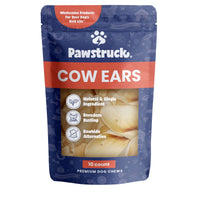
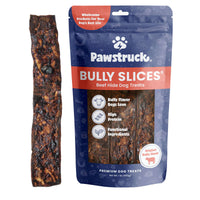
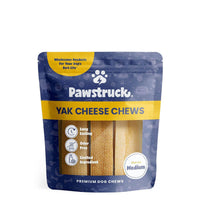

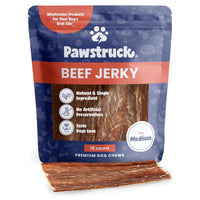
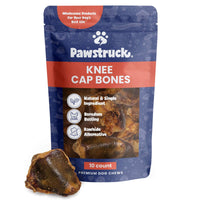
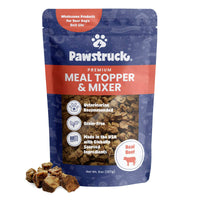



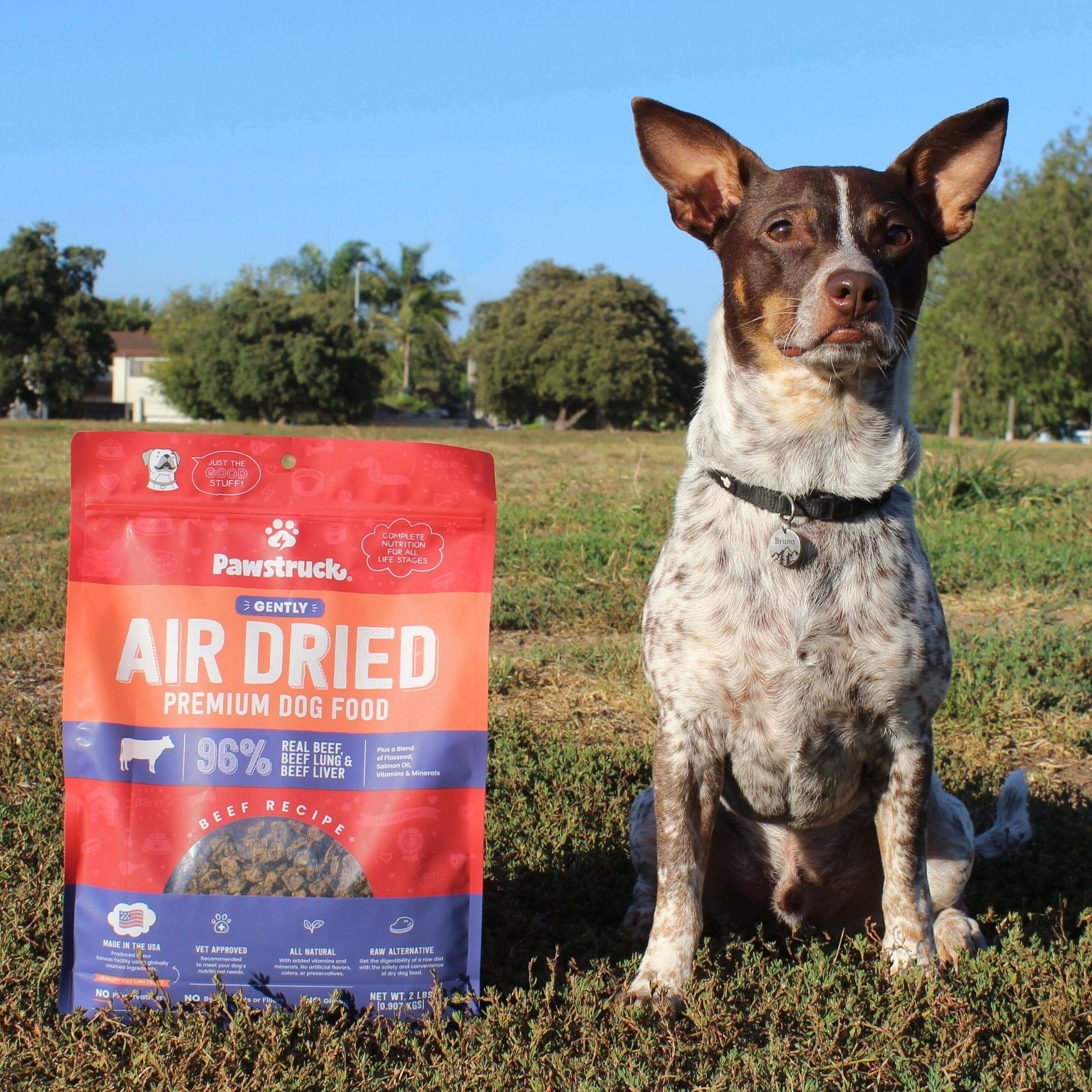
















Leave a comment